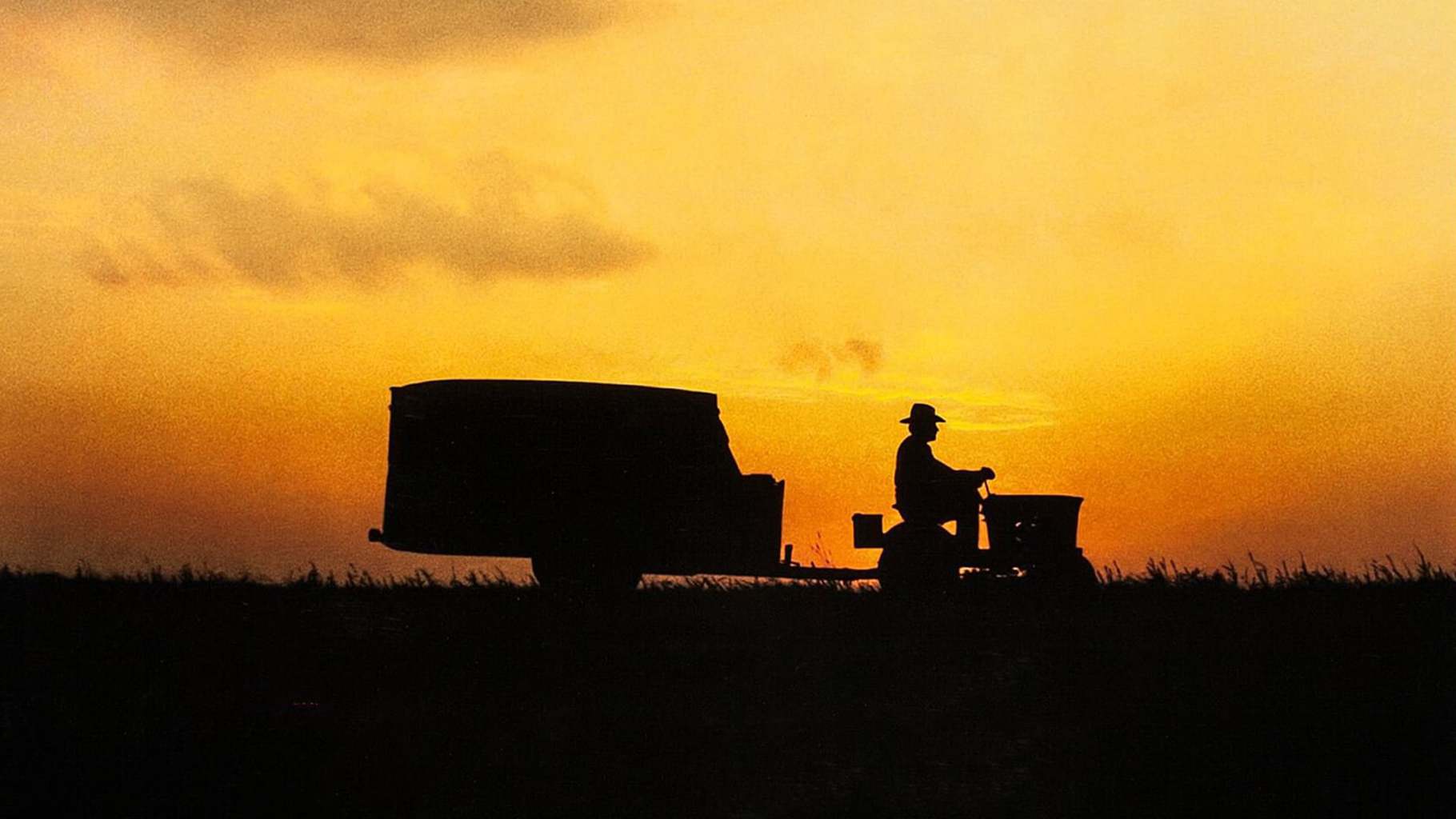
What is it with all the trendpieces on great women artists, writers, directors, singers, etc.? What, indeed. To ask the question is to acknowledge the premise of such pieces. Why should they need to be written at all if women in these fields received fair representation elsewhere? That lists and articles can be written in the hundreds puts the lie to phony claims that “great” women do not exist in every field in numbers. This is especially true in the 20th century, when hard-won political gains opened cultural doors unimaginable to many previous generations. But those gains did not fundamentally alter how cultural histories have been written.
Music critic Anne Powers and Lincoln Center program director Jill Sternheimer recently considered this problem, one which, Powers writes at NPR, persists even in the ways “music history’s being recorded and revised in the digital age.”
This is a truth reinforced in many different ways: by the shelves weighed down with books about Jimi Hendrix and Nirvana, while only one or two about Aretha Franklin or Patti Smith sit nearby; by the radio playlists that still only feature women once or twice every hour.
This isn’t a problem of “representation”—the term we so often hear applied to casting decisions and awards shows. Powers isn’t making a case for diversity in hiring, but for accuracy in writing the historical record. To that end, Powers and Lincoln Center, together with “nearly 50 women who play a role in NPR… compiled and voted” on a list: “Turning the Tables: The 150 Greatest Albums by Women.” You can hear nearly all of those albums in our Spotify playlist below. Calling the list “an intervention, a remedy, a correction,” Powers writes, “These albums were released between 1964, the year The Beatles invaded America… and 2016, when Beyoncé arguably ushered in a new period with her ‘visual album’ Lemonade.”
The point is to offer a view of popular music history with women’s work at the center. The list does not represent an “alternate history.” It stands for music history, touching upon every significant trend, social issue, set of sonic innovations, and new avenue for self-expression that popular music has intersected in the past fifty years.
Against the argument for “affirmative action”— or simply rewriting old “great album” lists to include more women—Powers argues, “once a canon is formed, it gains an aura of immutability.” Plenty of lists include female artists. Almost none of them include women in the top spots, suggesting that “the paradigms that define greatness remain masculine at their core.” Tokenism, no matter how well-intentioned, does not make for “a shift in perspective beyond the simple mandate to adjust the numbers.”
Ava Duvernay has made a similar argument against mandated “diversity” in Hollywood as a mollifying tactic that maintains status quo power relationships. “The fact that the mainstream starts to gaze at this space doesn’t make it a moment,” she tells Hollywood Reporter, “it makes it a moment for them.” As Powers writes of the way Joni Mitchell was often treated by the rock establishment, “the female musician is a dream, a surprise and a disruptor. She can claim the center of attention, but her rightful point of origin, and the place to which she returns, is a margin.”
Instead of marginal inclusion in existing cliques, Powers argues for a cultural shift, a “new canon,” that isn’t hedged with the usual standards that often exclude women on arbitrary purist grounds. Keeping “wide parameters,” the contributors “left room for acknowledged rock-era classics as well as pop hits dismissed by others as fluff.” That disclaimer aside, there’s precious little “fluff” on this list—meaning it’s hard to find albums here that wouldn’t qualify for “greatest” status on more narrowly-defined genre lists. It is a list, that is to say, of 150 great albums, written, recorded, and released over the course of fifty plus years, by some of the most talented writers, players, and musicians in modern music history.
“Lists have their limitations,” Powers admits, “They reflect biases and whispered compromises.” She and her contributors offer this one “as the beginning of a new conversation” rather than an authoritative statement. At such depth and breadth, however, “Turning the Tables” makes room for nearly every possible genre, from all over the world. Read the full list of 150 albums, with commentary, here. A few of the 150 albums, including Lemonade, Bikini Kill’s Yeah Yeah Yeah, Joan Jett’s I Love Rock ‘n’ Roll, Joanna Newsome’s Ys, and Laurie Anderson’s Big Science aren’t on Spotify, so didn’t make our playlist above. The top ten albums on the list are:
Ajuda-nos a manter viva e disponível a todos esta biblioteca.

- Joni Mitchell, Blue (Reprise, 1971)
- Lauryn Hill, The Miseducation of Lauryn Hill (Ruffhouse/Columbia, 1998)
- Nina Simone, I Put a Spell on You (Philips, 1956)
- Aretha Franklin, I Never Loved a Man the Way I Loved You (Atlantic, 1967)
- Missy Eliot, Supa Dupa Fly (The Goldmine/Elekra, 1997)
- Beyoncé, Lemonade (Parkwood/Columbia 2016)
- Patti Smith, Horses (Arista, 1975)
- Janis Joplin, Pearl (Columbia, 1971)
- Amy Winehouse, Back to Black (Island, 2006)
- Carole King, Tapestry (Ode, 1971)
O Artigo: Hear the 150 Greatest Albums by Women: NPR Creates a New Canon of Albums That Puts Women at the Center of Music History, foi publicado @OpenCulture
The Post: Hear the 150 Greatest Albums by Women: NPR Creates a New Canon of Albums That Puts Women at the Center of Music History, appeared first on @OpenCulture
Assinados por Artes & contextos, são artigos originais de outras publicações e autores, devidamente identificadas e (se existente) link para o artigo original.







